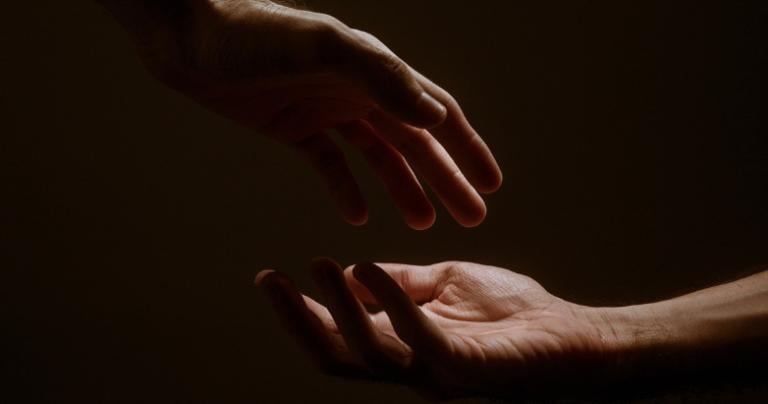
I have loved Rumi’s poetry for over twenty years. His words carry an immortal spirit of universality and often seem to speak to the moment, even though they were written in the 13th century.
Lines Like Mantras
For instance, the following two lines from Rumi’s poems have become like mantras to me.
Dissolver of sugar,
dissolve me.
And.
There is a light seed grain inside
you fill it with yourself, or it dies.
The imagery is so vivid.
The spiritual implications are clear.
Yet, he leaves plenty of room for interpretation.
It is poetry at its best.
Both lines come from one of my most treasured possessions; a copy of The Essential Rumi signed by the translator, Coleman Barks.
Poem in a New Translation
Recently, I came across a book titled The Spiritual Poems of Rumi, translated by Nader Khalili. The first poem in the book caught my eye. It’s titled: Don’t Seek Fame.
don’t seek fame
as long as
you are not
secure in yourself
first wash your face
from fears
then show
your face
This poem manages to be most relevant to our times. It speaks to the zeitgeist of the social media world we have created for ourselves, in which nearly everyone is seeking fame. It also has profound spiritual implications.
Before, Not After
Though the first line says not to seek fame, the rest of the poem outlines what to do before seeking fame.
Be secure in ourselves.
Wash our faces from fear.
Most people don’t do that. They seek fame because other people are doing it. Because it feels good to get attention. Or because they are filling an insatiable emotional void. How many stories have you read about celebrities who have difficulty dealing with fame? A ton, right? Nearly every tabloid and social media gossip site is filled with those kinds of stories. Without preparation, fame exposes fears.
My Taste of Fame
When I was younger, I had a brief taste of fame. I was driven by all the wrong reasons and was not prepared. Some great things came along with fame, such as money and connections to people I admired, but it simultaneously magnified the problems I was trying to solve by seeking fame in the first place.
I guess that is why the poem spoke to me. I saw my own journey reflected. Even though I eventually became more secure in myself during that period and washed away some of my fears, I sabotaged myself in the interim when I was trying to “fake it” with appearances of confidence.
Being Secure in Yourself
Perfection is such a persistent myth that people often think having self-confidence means projecting a flawless image. But being secure in yourself has nothing to do with perfection.
For example, I am secure in myself when I know my strengths and weaknesses, tendencies and knee-jerk reactions, aspirations and moral failings. My security comes from knowing how to work with my strengths and limit the damage my weaknesses can do. Paradoxically, security includes a degree of vulnerability.
Wash Your Face From Fears
Fears offer a similar paradox. In her timeless book, Feel the Fear and Do It Anyway, Susan Jeffers offers a brilliant insight: Everyone feels fear. Everyone! It’s not a matter of whether we feel fear; it is a matter of whether we let it stop us.
If we take Susan’s revelation to be accurate, Rumi’s advice of washing the face from fears does NOT imply fearlessness. People can temporarily set fears aside, become clear about what kinds of fears are assailing them, and learn how to deal with those fears and limit their impact, but cannot eliminate them.
Good Advice
Today, I find myself in the process of showing my face more and more. I am writing, offering personal coaching, starting a podcast, and will soon begin creating video content. I am not seeking fame, per se, but I am looking for exposure. Rumi’s advice serves as an important daily reminder.
Gudjon Bergmann
Author and Mindfulness Teacher
Amazon Author Profile
Recommended books:
- Monk of All Faiths: Inspired by The Prophet (fiction)
- Spiritual in My Own Way (memoir)
- Co-Human Harmony: Using Our Shared Humanity to Bridge Divides (nonfiction)
- Experifaith: At the Heart of Every Religion (nonfiction)
- Premature Holiness: Five Weeks at the Ashram (novel)
- The Meditating Psychiatrist Who Tried to Kill Himself (novel)
Picture: CC0 License
















